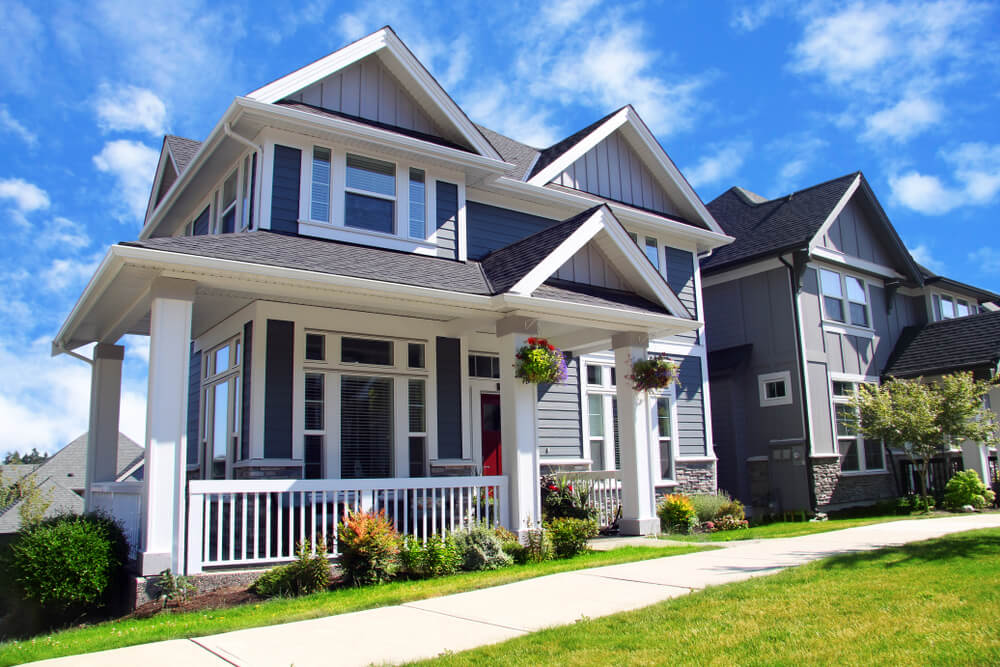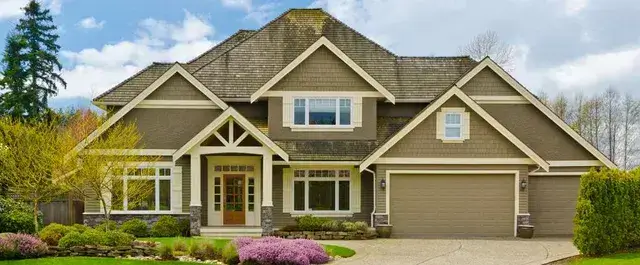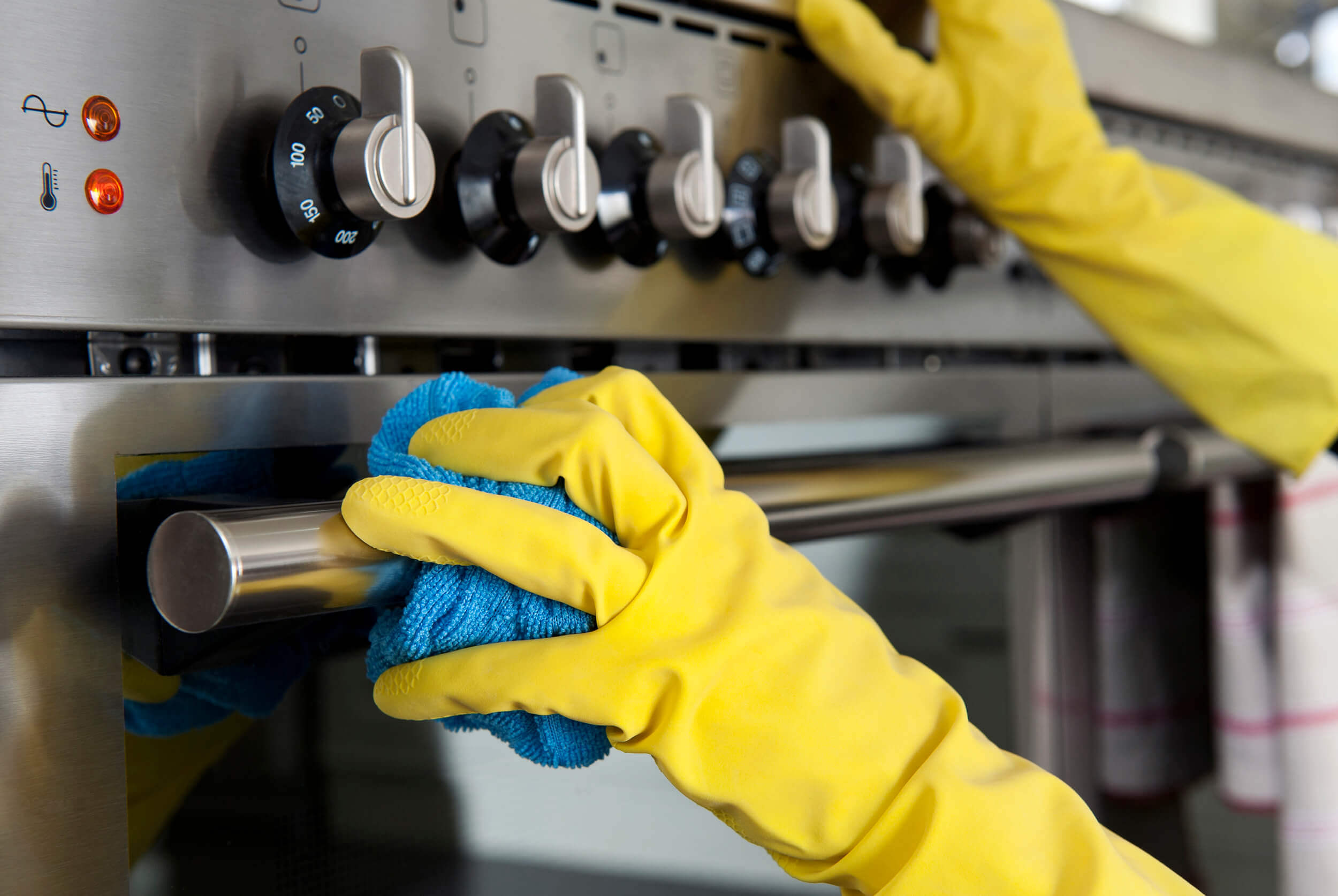Buying a home is the biggest real estate investment for most people. We wish that our home is in perfect condition for generations to come. However, like every other thing, even homes start to wear out. The structure eventually starts to lose its exterior shine and structural lustre. The lifespan of a house and its components is influenced by a variety of circumstances, and not all goods, materials, and appliances are of the same quality or durability. In general, the overall lifespan of a house is significantly influenced by the calibre of the construction, the level of upkeep, the local climate, and the frequency of use. However, there are methods to prepare your house for winters in order to increase the lifespan of a house.
How Long Will Your Home Last?
Generally speaking, a home built several centuries or a generation ago will need significantly more replacements and repairs than a house that was built recently or one that has recently undergone renovation. Every main part of your home, every appliance, and every aspect of the exterior and interior has a lifespan before substantial repairs and total replacement become essential. By effective home improvements and remodelling, you can earn ROI by increasing its value.
Older homes have a higher chance of a part or fixture breaking, resulting in the need for either a repair or replacement. According to the National Association of Home Builders Canada, life expectancy of home components such as gas or electric water heaters only endure for about 10 years.
How To Plan Home’s Canada Life Expectancy?

A wise homeowner knows that their home’s systems and equipment will eventually wear out. However, everything has a shelf life, and as things age and parts wear out, you’ll inevitably need to pay for expensive repairs and replacements.
These expenses can wreak havoc on your finances if they appear out of the blue. Avoiding surprises requires that you:
-
- Establish an emergency fund.
- Plan a budget for your home’s upkeep and repairs.
- Understand the best times to schedule updates and renovations.
The following actions can help you extend the life expectancy of your property :
-
- Regular cleaning, good waste segregation, and adequate trash disposal are all significant.
- Regular whitewashing, furniture upkeep, and annual inspections for termites, moist walls, and plinths are required.
- The longevity of the property is significantly influenced by the weather. For instance, Canada and other coastal cities experience extreme heat and humidity. The facade of the building may deteriorate as a result of this. Similar problems with water seepage, moisture, and cracking in the concrete wall will occur in places with heavy rainfall. This has a significant impact on the structure’s average age as well. Make sure your property is well-prepared to withstand the Canadian weather.
-
- Always pick a sustainable material that may be effectively used in home design. Purchasing items made locally is advised since they are created with consideration for the environment. This might in some ways lengthen the Canada life expectancy of the building.
- If you live near the shore, stay away from utilising metal in your property because the high salt content of the sea air might corrode the railings and manufactured façade material.
- The average house lifespan in Canada can be significantly increased by choosing the correct materials for under-construction property. Once constructed, specially the life of tiny houses can remain healthy for years with regular care and correct upkeep.
Canada Life Expectancy of Home’s Foundation

We often imagine the foundation of a house as a sturdy, unending construction that will endure forever. However, foundations deteriorate with time, and even the greatest ones may need house maintenance and repair.
Here is a list of typical foundation materials and constructions, along with an estimate of how long each one will last, to help you decide whether you should repair or replace. Recall that well-built foundations last for a very long time thanks to superb workmanship.
-
- Poured concrete footings and foundation : 100+ years
- Concrete block : 100+ years
- Insulated concrete forms (ICFs) : 100 years
- Permanent wood foundation (PWF, treated) : 75 years
- Post and pier : 20 to 65 years
- Post and tensioned slab on grade : 100+ years
- Slab on grade (concrete) : 100 years
- Wood foundation : 5 to 40 years
- Bituminous Coating Waterproofing : 10 years (Note: If it cracks, it is immediately damaged.)
- Weeping Tile System :
- Plumbing Concrete Waste Pipe : 100 years
- Cast Iron Waste Pipe : 100 years
- Termite Proofing (pre-treatment during construction) : 12 years
Canada Life Expectancy of Home’s Roof

Although your home’s external defence must include a roof, other systems are equally important. Your home’s downspouts, gutters, soffits, eaves troughs, and other water-shedding seams and channels all have a lifespan.
How long does a roof last in Canada? The answer to this is influenced by a number of variables, such as the local weather, the installation’s quality, the quality of design, the material’s quality, and appropriate house maintenance.
The house lifespan in Canada of some popular roofing materials are listed below.
-
- Aluminium roof coating : 3 to 7 years
- Fibre cement : 25 years
- Asphalt shingles : 20 to 25 years
- Modified Bitumen : 20 years
- Copper : Lifetime
- Simulated Slate : 10 to 35 years
- Wood : 30 years
- Clay/Concrete : Lifetime
- Slate : 50+
- Coal and Tar (common for a flat roof) : 30 years
- EPDM (ethylene propylene diene monomer) Rubber : 15 to 25 years
- Green (vegetation-covered) : 5 to 40 years
- Adhesives
- Roofing adhesives : 7 years
- Roofing cement : 15+ years
- Sealants : 8 years
Lifespan of Appliances
People often take household appliances for granted because they become a necessary component of their daily lives. But if one of these items malfunctions, it might be dangerous or very inconvenient. For example, if your hot water tank breaks down in the middle of the winter, you might have to buy a new tank earlier than you had planned or live without warm water while the tank is getting fixed, which might take up to a few days.
You can prevent unpleasant shocks by keeping track of all your appliances’ performance and longevity. Minor repairs are acceptable, but at other times the expenditures may shake your monthly finances.
It turns out that, in comparison to all the other home components, the equipment has the least lifespan. The shortest-lasting appliances are dehumidifiers, microwaves, and garbage compactors, which typically need to be replaced after nine to ten years. Gas boilers (21 years), furnaces (20 years), and ranges are on the longer-lasting end (15 years).
Here is a list of the most popular home appliances, along with an estimation of how long each one will last in Canada, as per Canadian environment and weather condition.
-
Kitchen

-
- Trash compactors : 6 to 10 years
- Dishwashers : 9 years
- Exhaust fans : 10 years
- Food disposal : 12 years
- Freezer : 11 to 20 years
- Microwave : 9 years
-
Range
- Gas : 10 to 18 years
- Electric : 13 to 15 years
- Hood : 14 years
-
Refrigerator
- Standard (family size) : 13 years
- Compact : 9 to 13 years
-
Laundry room (gas or electric)
- Washing machine : 5 to 15 years
- Dryer : 13 years
- Dryer vent
- Plastic : 5 years
- Steel : 20 years
-
Mechanical Room
- Water heaters
- Standard : 10 to 11 years
- Tankless : 20 years
- Furnace
- Gas : 15 to 20 years
- Electric : 15 years
- Oil : 20+ years
- Central vacuum : 20 years
- Boiler
- Electric : 13 years
- Gas : 21 years
- Heat pumps : 16 years
- Dehumidifier : 8 years
- Water heaters
- Humidifier (portable) : 8 years
- Air conditioner
- Room (portable) : 10 years
- Window : 5 to 8 years
- Central : 15 years
How To Prolong The Lifespan of Household Appliances?
Appliances can be made to last longer with the right care. For instance, planning for essential services and ensuring everything goes smoothly could significantly postpone the need for costly repairs and replacements. Here are some suggestions for extending the life of the fixtures and appliances in your home.
-
Regularly clean your appliances

The lifespan of a house appliance is frequently shortened by dirt and grime build up in various interior spaces. With a lot of online material, understanding how to clean coils, filters, or other parts is simple. However, keep in mind that risking your life to save a few dollars is not worthwhile.
-
Purchase Protective Equipment
By making an investment in safety equipment or systems, you could safeguard your appliances and home components. Surge protectors, for instance, can shield expensive equipment, such as appliances, from harm caused by prolonged power cuts and electrical shocks. Similarly, a brine container can soften its water and improve the plumbing system’s lifespan in Canada.
-
Plan Preventive Maintenance Appointments
Instead of waiting for issues to arise, think about creating a house maintenance schedule and checklist. Then, make inspection visits using this list and the timetable in order to help identify prospective concerns. Look to resolve minor issues before they become significant expenses.
Final Words
Since many of the time periods mentioned above are flexible, it’s crucial to maintain your home as best you can to make sure you’re getting the most out of all its parts and systems for many years to come. Make sure your house is in the best possible condition for resale, whether you intend to live there forever or use it as a temporary residence. As a result, there is much less preparation when the time comes to put a sign on the lawn.
You May Also Read :
| Modernize House | Ideas For Modernize House |
| Famous Houses in Canada | Explore Canada’s Famous House |
| First Time Home Buyer in BC | Guide To First Time Home Buyer in BC |
| Eco-friendly House | Ways To Build Eco-friendly House |
| Smart Home Automation | Smart Home Technologies in Canada |
| Tiny Home Builders | All About Tiny Home Builders |
Frequently Asked Question (FAQs)
What type of houses last the longest?
Houses made of stone and brick last the longest as they have the strongest foundation.
What is the average lifespan of a house?
The average lifespan of a house is about 40 years given it is in regular use, however, any concrete structure has an average lifespan of about 75 - 100 years.
What is the strongest foundation for a house?
Houses made of concrete have the strongest foundation.
What were old house foundations made of?
Houses in the olden days used stones as the foundation.
How do I maintain my household appliances?
Use the appliances carefully and keep inspecting them at regular intervals.
Why do appliances need to be managed properly?
Appliances need to be managed properly so they last for a long time and you can use it to their full potential.



































